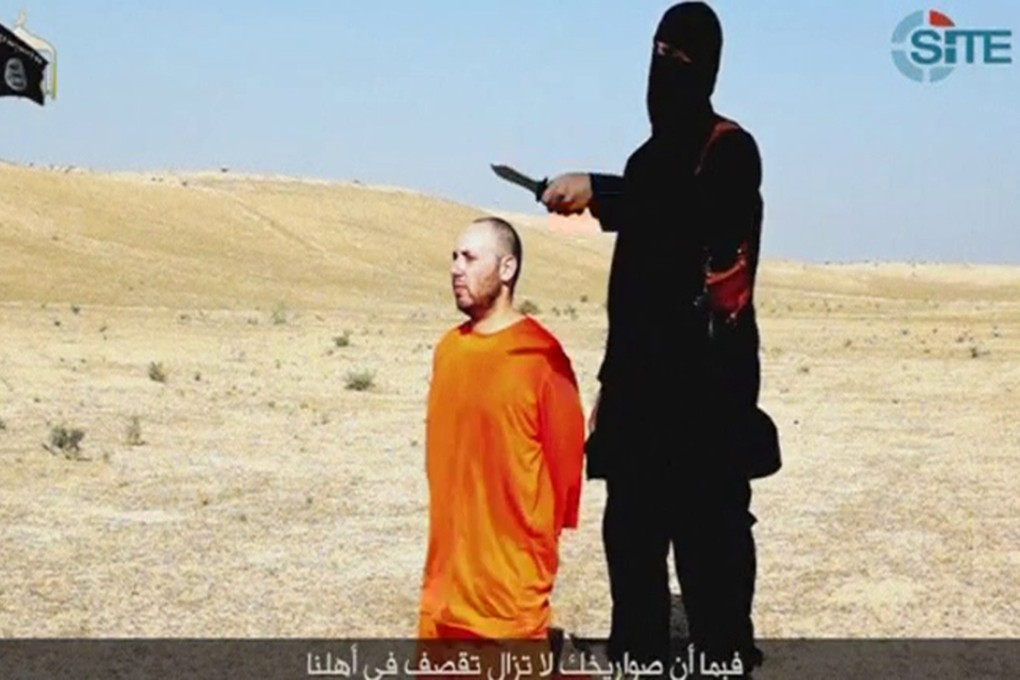Halting the tide of online violence
A Google or YouTube search of the words "beheading video" brings up pages of images of brutality and violence of the most stomach-churning kind.

A Google or YouTube search of the words "beheading video" brings up pages of images of brutality and violence of the most stomach-churning kind. The Middle East extremist group Islamic State features prominently, its videos of executions of Westerners captured in Iraq and Syria being posted to gain followers and incite fear. They are so widely shared that even when the giants of the internet remove them and shut down accounts, they can still be readily tracked down by those eager to look. The European Union's teaming with the top social media and technology firms to find a strategy to combat their spread could not have been more timely.
EU officials and representatives of Facebook, Google, which owns YouTube, Twitter and Microsoft, behind the search engine Bing, met in Luxembourg last week to find a way of making the internet safer. The American companies already block online content and behaviour determined to be inappropriate, but each has a different approach. Social media firms tend to be less intrusive, letting users freely express opinions and share photos. But Islamic State's gruesome videos of the beheadings of two American journalists and two Britons (an aid worker and an aid volunteer), prompted the companies to be more than usually proactive. The graphic nature of the images, the messages they sent and the need for sensitivity towards the victims' families necessitated prompt removal.
But these were headline-grabbing news stories with identifiable victims. Lesser sites with little or no oversight now host the images and they are reposted as fast as they are taken down. The internet is awash with similarly disturbing videos and pictures of lesser events elsewhere in the Middle East and world. Without a complaint, they will remain viewable.
The open internet and lack of regulation makes stumbling upon content that is offensive or violent inevitable. Policing is challenging - 100 hours of video is posted each minute on YouTube alone. The right to inform and the need for freedom of expression makes deciding what should be blocked a matter of balance, ethics and moral judgment.
Clicks and page views are important to websites; the extreme and excessive gains instant attention. Preventing the spread of content is only a partial solution. The European gathering agreed a more productive approach lies in training, education and awareness. That is a more viable way forward that governments and internet firms should explore and fund.